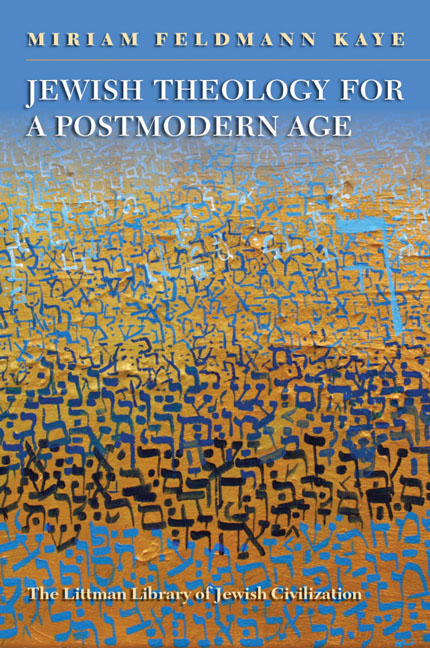Introduction
Summary
THE PURPOSE of this book is to put forward a compelling theology for the postmodern, relativist age. My aim is to confront the crisis of Jewish theology today, which is premised on a growing ambivalence towards the idea of absolute truth, perpetuated by postmodern cultural and philosophical critiques. It has become difficult, if not impossible, to argue in favour of one’s own world-view or way of life as preferable to those of others. Why? A central principle of postmodernism is that culture and its linguistic parameters determine what is true and that therefore there can no longer be any objective truth. How, then, can one particular religious culture demonstrate its greater ‘truthfulness’ than that of others? Multiple aspects of contemporary Jewish life are plagued with these questions. A Jewish educator might ask: ‘How can I teach Jewish values if all beliefs are of equal value?’ A parent will ask: ‘How can I teach my child right from wrong?’ The religious leader might enquire: ‘How can Jewish practice, belief, and ritual remain compelling for an entire generation raised on relativism?’ Indeed, how can Judaism compete in the supermarket of ideas available today?
The new postmodern reality is often deeply problematic. However, I seek to turn this problem on its head and ask what postmodernism has to offer. Could it actually ward off the late modern malaise that stultified strong religious identity? Many scholars are addressing these issues in several areas of Jewish life, but I concern myself specifically with the theological implications of engaging positively with radical postmodern critiques. I use the term ‘theological’ to refer to discussions and explanations dealing with conceptions of God. Unlike social scientists, who speak of religion from the outside, theologians treat their subject from the inside—from the wellspring of religious belief. Theology concerns itself with experience: with the ethereal, the ephemeral, the conceptualization of the divine of yore through historical narrative and its implications for contemporary existence.
I explore the possibility of a theology that will enrich the heartland of religion through examining and building on the fruitful efforts of others. The questions that lie at the heart of this study are: What responses are possible to the onslaught of science on the quest for meaning and truth?
- Type
- Chapter
- Information
- Jewish Theology for a Postmodern Age , pp. 1 - 18Publisher: Liverpool University PressPrint publication year: 2019



